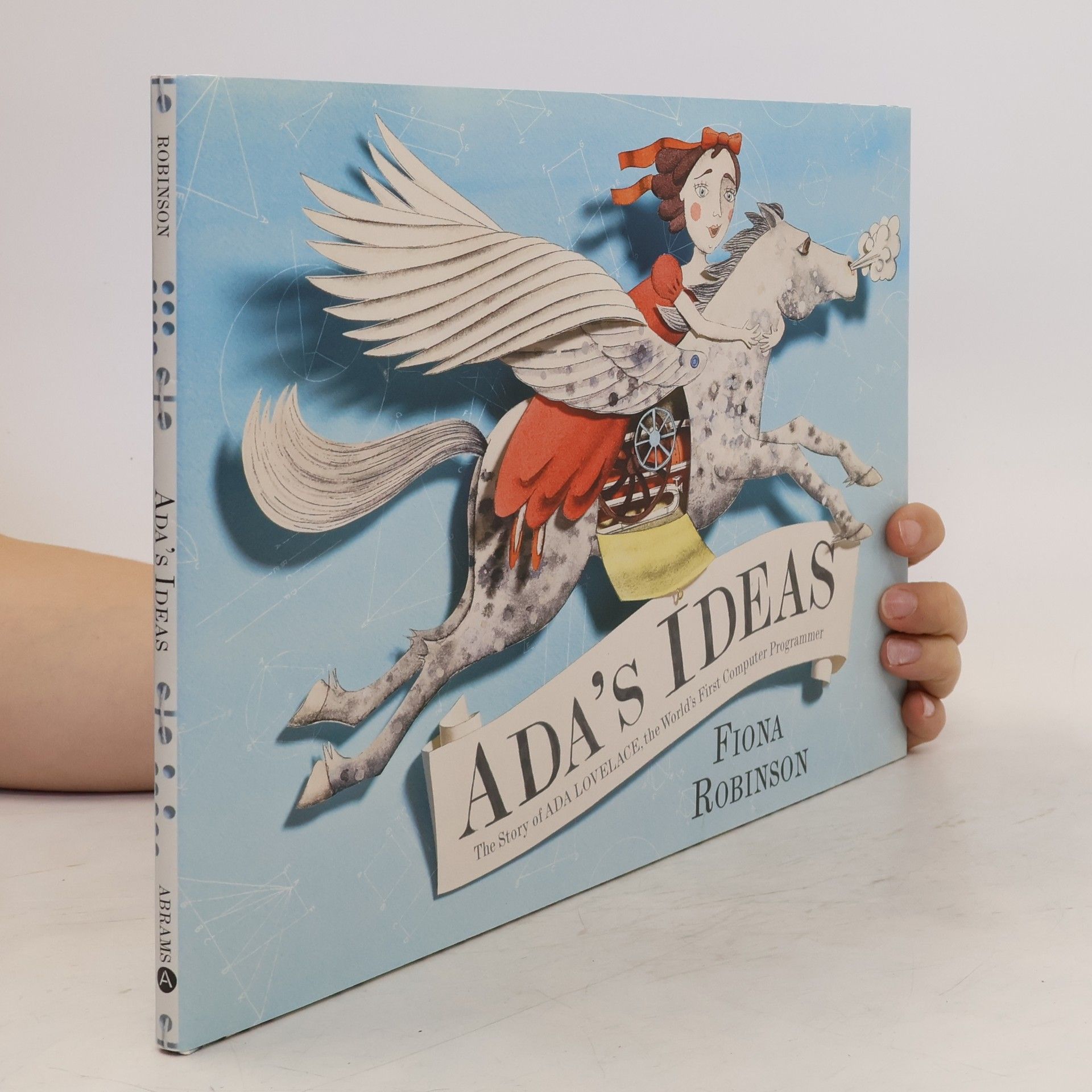Accompanied by local guides, two Canadians paddle dugout canoes down the Sepik River in Papua New Guinea, one of the world's great jungle rivers.
Fiona Robinson Book order (chronological)






Out of the Shadows is an innovative picture book biography about an unsung hero of early animation.Lotte Reiniger (1899–1981) was a German film director and animator best known for The Adventures of Prince Achmed , which was released in 1926 and is the oldest surviving animated movie. (It came out a full 11 years before Disney’s Snow White !) As a little kid, Reiniger loved reading fairy tales and fell in love with puppetry. At school, she learned about Scherenschnitte , or papercuts, which helped her create her signature style of silhouettes. She grew up to make more than 40 films throughout her long career, most of which were fairy tales that used her stop-film animation technique of hand-cut silhouettes. Reiniger is now seen as the foremost pioneer of silhouette animation and the inventor of an early form of the multiplane camera.With art inspired by Reiniger’s cut-paper style and a text that uses a fairy-tale motif that mimics her movies, author-illustrator Fiona Robinson’s Out of the Shadows is a sweeping tribute to one of most important figures of animation, whose influence still resonates today.“Every spread offers an exceptional visual experience, regularly amplifying aspects of the narrative.”— Horn Book Magazine (Starred Review)
The indispensable guide to the gins of North West England
A guide to Yorkshire's gin scene - the history, the distillers and their gins.
Experiments on Reality
- 208 pages
- 8 hours of reading
Long recognized as perhaps the greatest non-fiction writer at work in Ireland, for his vast, polymathic accounts of nature and culture in the Aran Islands and Connemara, Tim Robinson is also an essayist of genius whose fascinations range across the globe. In Experiments on Reality, he shines the light of his intelligence on his own life, and on some of the most fascinating questions in science and culture. Robinson brings us to his boyhood in Yorkshire, National Service in Malaya in the 1950s, and his years as a visual artist in Istanbul, Vienna and London. He revisits some of the scenes of his researches for the maps he made of Aran and Connemara, places that continue to throw up remarkable stories and puzzles. And he performs astonishing literary thought-experiments, playing with the boundaries of the essay form, scientific inquiry, and storytelling. Experiments on Reality is a masterpiece from one of the great minds of our time
A picture book biography of mathematician Ada Lovelace, the first computer programmer, by the award-winning author/illustrator Fiona Robinson
Stones of Aran: Labyrinth
- 528 pages
- 19 hours of reading
"Tim Robinson’s Stones of Aran is one of the most striking and original literary undertakings of our time. Robinson’s ambition is to find out both what it is to know a landscape, know it as extensively and intimately as possible, and what it takes to make that knowledge, the sense of the landscape itself, come alive in writing. It is a project that draws on the legacies of Thoreau and Joyce, to which Robinson brings his own polymathic gifts as cartographer, mathematician, historian, and, above all, shaper of words. In Pilgrimage Robinson walked the entire coast of Airann, largest of the Aran islands. In Labyrinth he turns in to the island’s interior. These two books—parts of an inseparable whole that can, for all that, be read quite separately from each other—constitute a vast polyphonic composition, at once encyclopedic and lyrical, scientific and surprisingly personal. Exploring the illimitable complexity and bounty contained in the seemingly limited confines of a single island, Robinson invites us to look without and within and to see the wonder of the world." Back cover comments.
Connemara
- 448 pages
- 16 hours of reading
The author, who established himself as Ireland's most brilliant living non- fiction writer with the two-volume Stones of Aran, moved from Aran to Connemara nearly twenty years ago. This book is the result of his extraordinary engagement with the mountains, bogs and shorelines of the region, and with its folklore and its often terrible history.